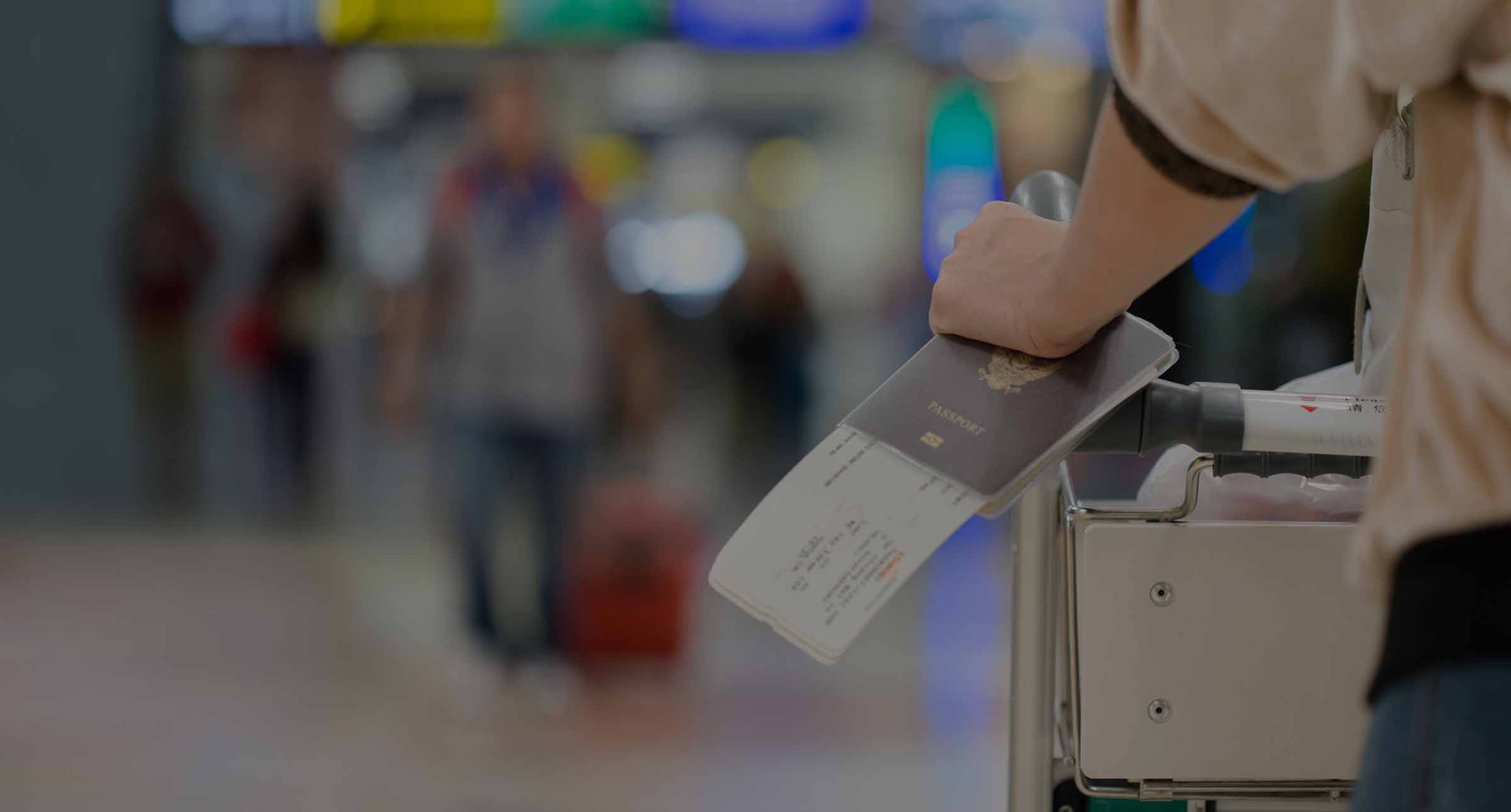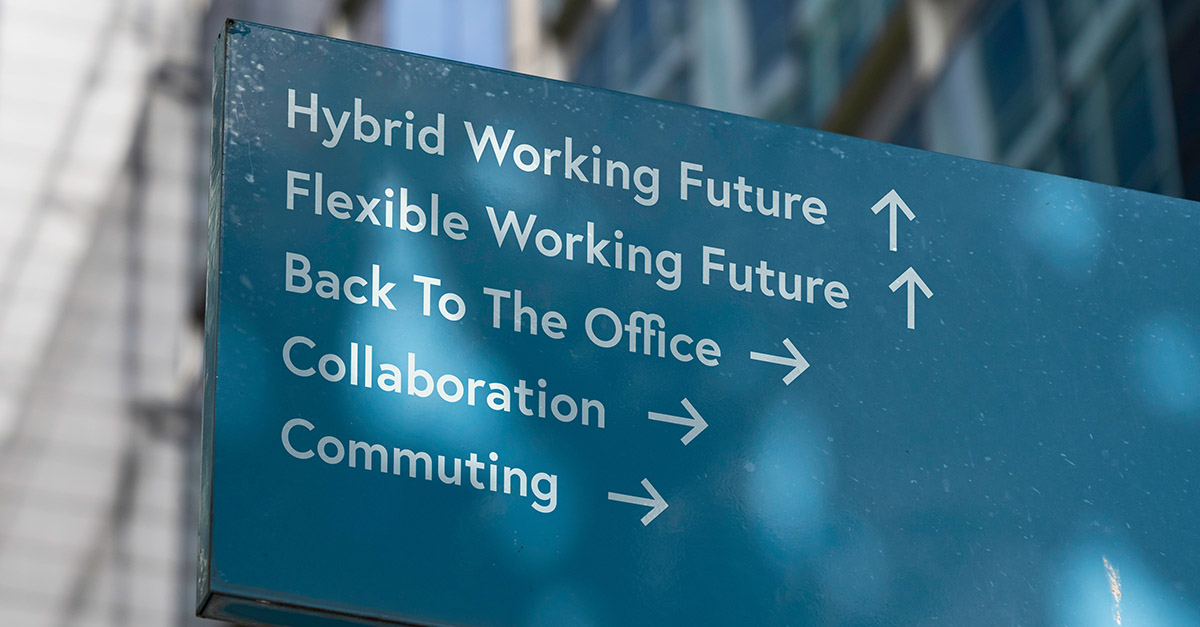Increase in minimum salary for migrant workers

What we know so far….
In December the Home Office announced what became the most fiercely debated reform on business migration to the UK since the Brexit negotiations. Home secretary James Cleverly confirmed that from Spring 2024, the minimum salary for non-UK nationals on working visas to the UK is to be increased by almost 50%.
Reforms
The current general minimum rate for those on skilled worker visas in the UK is set at £26,200 (with exceptions for roles on the shortage occupation list and some STEM related occupations allowing the rate to reduce to £20,960). As of 11th April 2024 this basic rate will increase to £38,700 – an increase of £12,500, which is no doubt going to significantly reduce the number migrant employees working under skilled worker visas in businesses who are unable to satisfy the new minimum salary. There is, however, some welcome respite here for those in the health and social care sector for whom this increase will not apply.
There are also some other eye catching reforms that will affect all sectors with the potential to fundamentally alter the focus of both employers and potential overseas recruits:
- As of 11th March, individuals coming to the UK from overseas will no longer be able to bring dependents with them – along with the general minimum salary increase for most occupations, this was touted as the government’s flagship policy for reducing net migration. Whilst many are predicting that this change will do exactly that, the associated effects on the ability of employers to adequately recruit is being viewed precariously especially by those in the health and care sector.
- As of 4th April, the Shortage Occupation list will be replaced by the Immigration Salary List. The 20% discount for salaries previously afforded to jobs on the shortage occupation list will be removed, including care workers and senior care workers. Whilst the health and social care sector may have been saved from the £38,700 threshold, many will still have to budget for an (albeit smaller) increase in salaries for core staff of whom sponsored workers make up a significant proportion.
- From 11th April, the minimum salary for applicants to the family visa scheme will increase from £18,900 to £29,000 with the intention to raise to £38,700 by early 2025 – assuming of course that whoever is in power by this point maintains this intention and has the will to follow through.
These are highly political moves taking place during an election year bringing with it predicable controversy and speculation. This has largely focussed on two main questions: will the government be able in practice to enact these reforms, and if so, how likely are they to survive in the medium to long term?
As spring approaches, the answer to the former question increasingly seems to be yes, they will. As for the latter, if the past eight years have taught us anything, it’s that political soothsaying is as about as reliable as reading the tea leaves; like any such pending changes the consequences are the new known unknowns. But without concrete undertakings as to the contrary, the prudent employer should treat these changes – at least for now – as the new status quo.
It is worth noting that these changes will not be applied retroactively so will not immediately affect existing employees on skilled worker visas. This means that if employers are currently planning on acquiring a sponsor licence and/or recruiting individuals from overseas, it would be wise for them to be aware that to avoid these increases, time is of the essence.
Business immigration lawyers at RWK Goodman are on standby to assist with employers affected by these changes – please contact Adrian Henderson:










